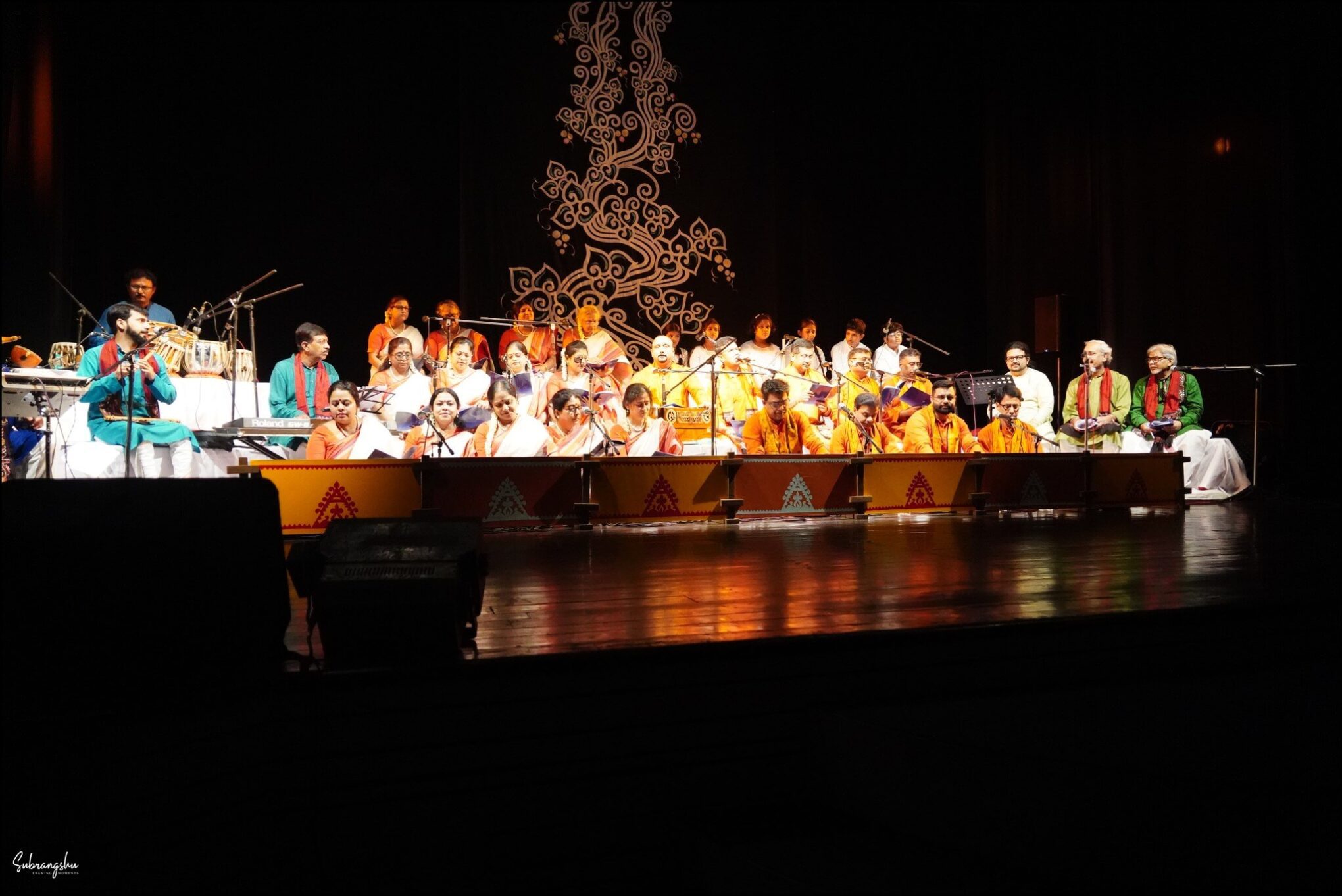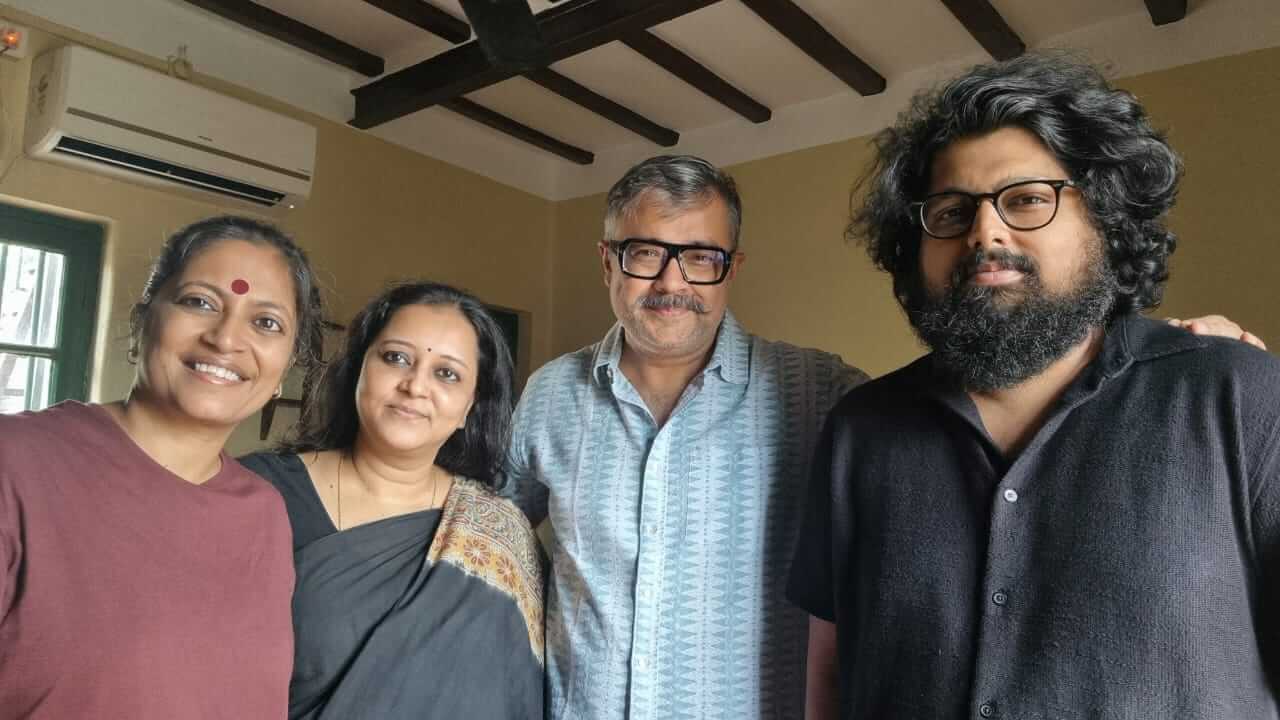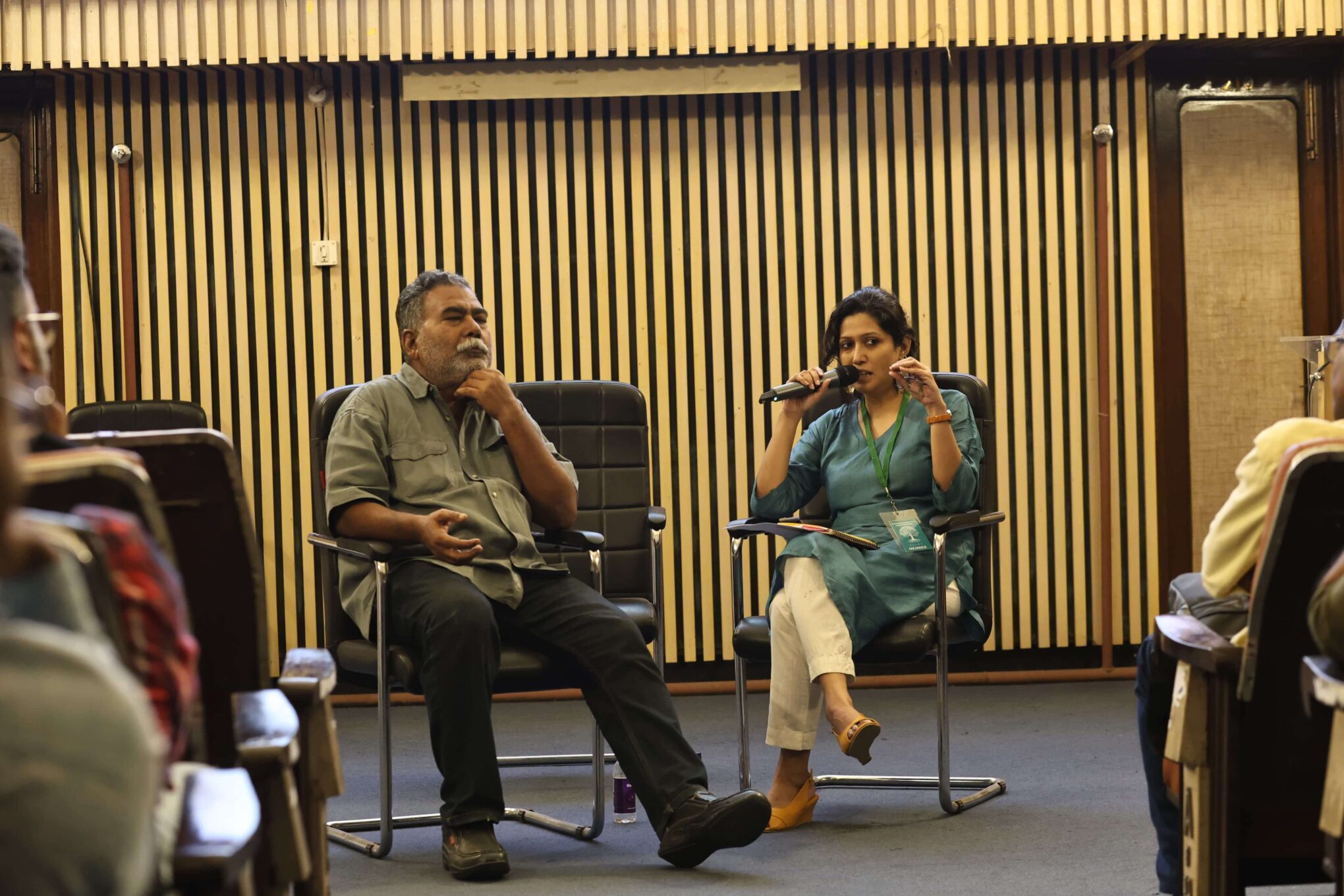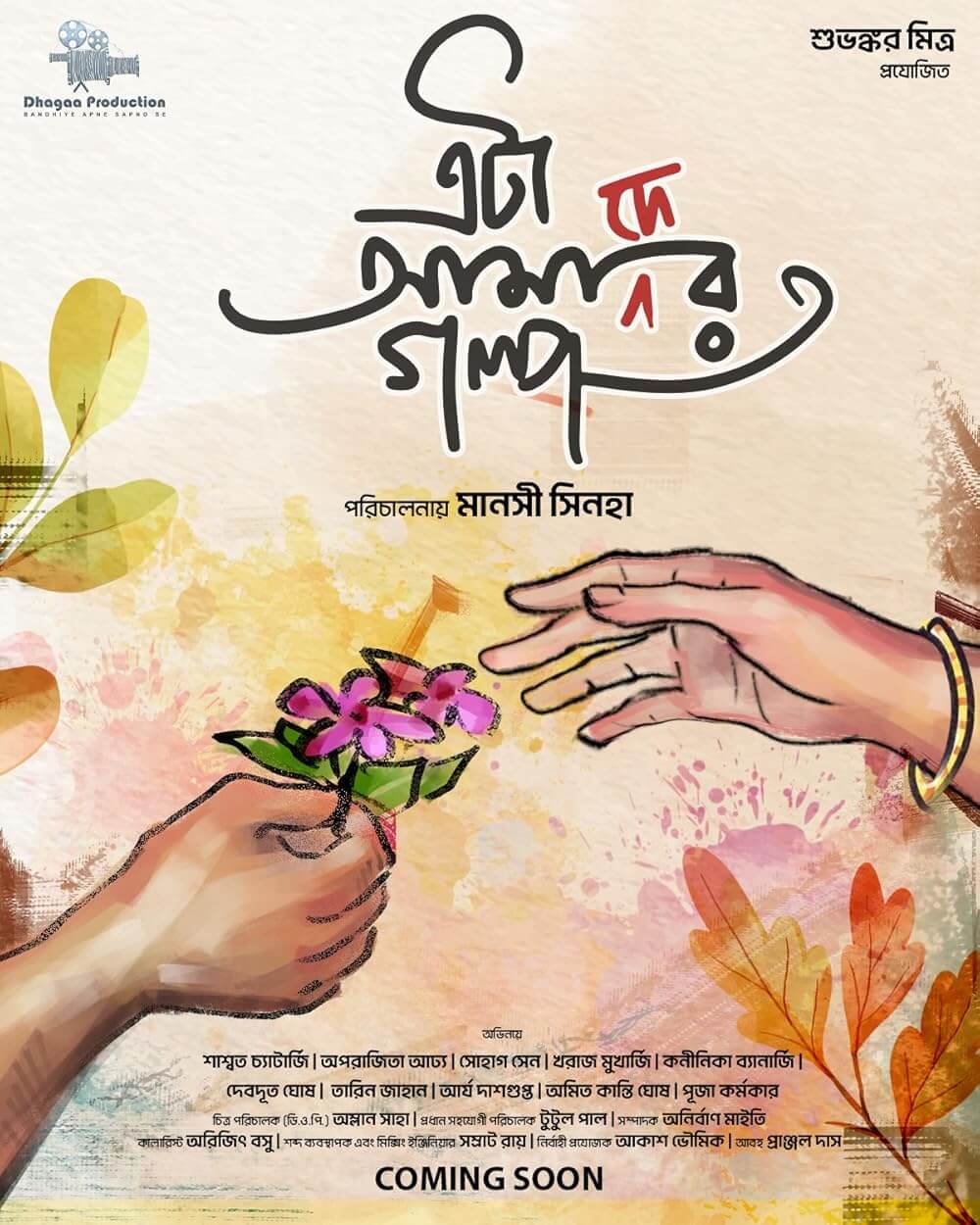Samina profiles the Maverick Kishore Kumar, heartthrobs of millions, across generations, in the weekly column, exclusively for Different Truths.
An eccentric, temperamental, high strung, yet talented, creative, multifaceted individual, whose voice ruled the hearts of many, was none other than Kishore Kumar. He was born in Khandwa – now in Madhya Pradesh – as Abhas Kumar Ganguly. His father was Kunjilal, a lawyer by profession, and his mother was Gouri Devi, who came from a wealthy family.
Kishore Kumar came into the industry, encouraged by his elder brother, Ashok Kumar, who was an established actor and had made his mark with not just his voice but style. Kishore started imitating KL Saigal to such perfection that once when SD Burman visited their house, he nearly thought it was Saigal singing in the other room and was highly impressed. He advised the young boy to practice and develop his own style. Kishore heeded to this advice and went on develop his own signature style. He perfected yodelling, a unique style, he heard amongst the Austrian music collections of his brother Anoop. In the Hindi film industry, his yodelling turned out to be widely popular and became a trademark of Kishore Kumar.
His songs sounded absolutely natural, like laughter. He used to incorporate nonsensical terms into his songs and give it an entirely new feel. His song from Padosan, ‘Ek chatur naar’, by the music director, RD Burman, is hilarious, a landmark in musical comedy. Another song, Meri Pyari Bindu, from the same film, deserves mention.
The ability to transform his voice according to not just the scene, but also the actor, is something that was truly incredible of Kishore. He has sung soulful songs for Dev Anand and Rajesh Khanna. So proficient was he at singing that it’s difficult to believe that he had no formal training in music. After having worked as a chorus singer for many songs, he got his first break in the film, Ziddi, in 1948.
https://www.youtube.com/watch?v=95UdAo4JdJI
Films in Bollywood had romance, fun as the backdrop for all the films. Music composers like R D Burman were making their foray into the western music, which gave Kishore Kumar a perfect platform to modulate his voice to all moods. He made a record by being the only singer to have sung in more than 90 films for a single hero Rajesh Khanna. They say that he was an important factor in making Rajesh Khanna the superstar and heartthrob that he became because his voice conveyed an emotion for all moods, be it melancholic, profound, comical or sheer romantic.
https://www.youtube.com/watch?v=FUoZGpqyEe0
https://www.youtube.com/watch?v=1MAeNJX-sb4
In fact, his closest friends in the industry were Rajesh Khanna, R D Burman, S D Burman and Mohammad Rafi. At one time, he refused to lend his voice for Amitabh Bachchan, when he refused to do a guest appearance in a Kishore Kumar produced-film. He had his own quirky ways and often talked to the trees and often introduced them to visitors as being his best friends. Ramesh Sippy recalls an incident where he chased Kishore Kumar, as he had some work with him and the latter refused to stop and when he did, he refused to recognise Sippy. The very next day, he was in Sippy’s office to record a song, maintaining that he was somewhere else last night.
His four marriages with Ruma Guha Thakurta, Madhubala, Yogeeta Bali and the very young widowed Leena Chandrwarkar (only two years elder to his son Amit Kumar from his first marriage with Ruma), created an enigma around him and added to his popularity. In the comedy, Badhti Ka Naam Dadhi, Amit Kumar has sung this hilarious take off on his father, a song ‘Karne Chaley Thhey Shaadi Meri, Khud Ban Baithey Dulha’.
He was also parsimonious so much so that he was in arrears to the Indian Income Tax authorities yet never missed a chance to make fun of them, ‘Aur peeche pad gaye Income Tax implications, jai govindum, jai gopalum’. They say he would not sing at times if his secretary did not confirm that the payment was received but he was also known for his generosity towards the needy, among friends and acquaintances.
He has been immortalised by his songs and even today he lives with many generations, since his death, in 1987, which are popular even today.
However, in his long career, he worked in almost every capacity in the film industry, not only as a singer but as an actor, screenwriter, producer, director, and script writer.
©Samina Naqvi
Photos from the Internet
#Cinemascope #KishoreKumar #MusicDirector #MultitalentedIndividual #SingerAndComposer #IndianCinema #Bollywood #AmitKumar #SongsAndMusic #DifferentTruths



 By
By

